Getting approved for a mortgage can be one of the most stressful steps when purchasing a home. Mortgage lenders require a wide variety of documents and can take a long time processing your application, so it’s important to know which type of mortgage you want before you apply. If you narrow down your options, you only have to go through the application process once.
You have several different mortgage options that each have their benefits and drawbacks. The right mortgage for you depends on your income, your location, and how long you plan to stay in the home. You, your real estate agent, and other trusted experts on your team should consider your own unique circumstances when choosing which type of mortgage to apply for.
Here are five types of loans you might consider:
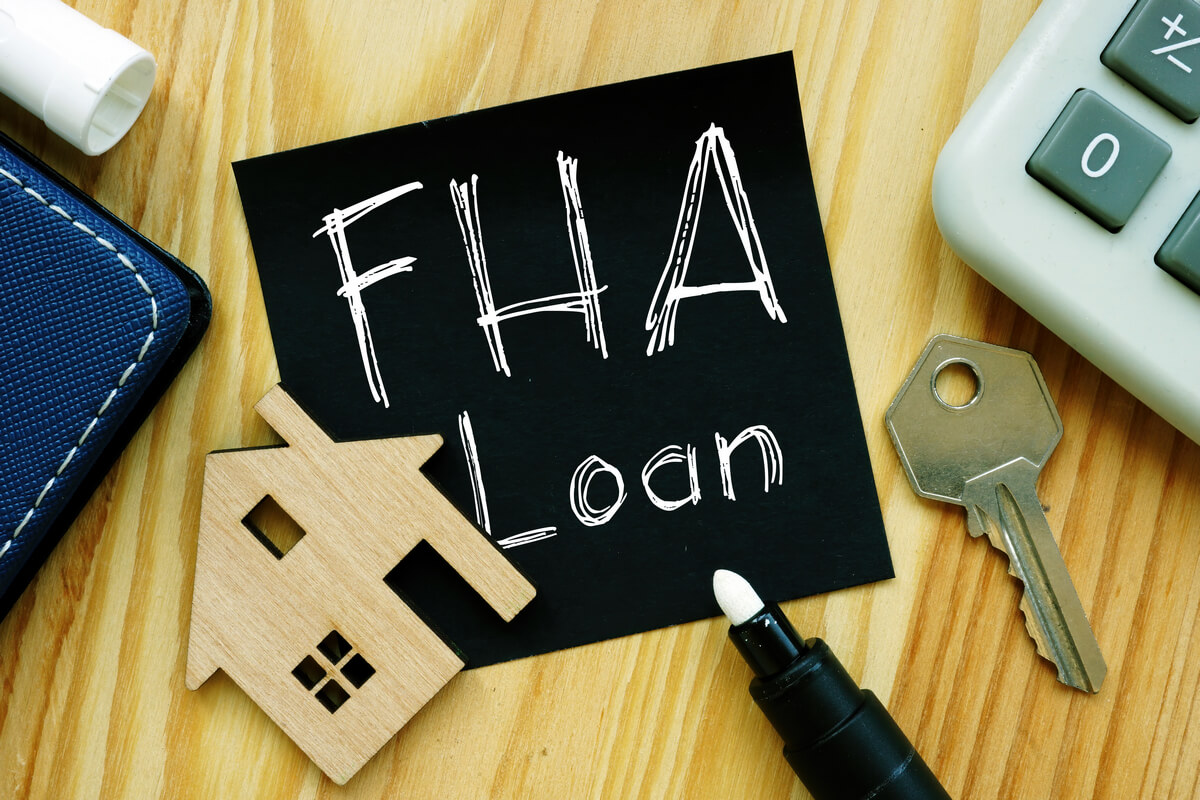
FHA Loan
An FHA loan is the most common mortgage for first-time home buyers. This mortgage is backed by the federal government, so banks usually have less strict requirements for approval than they do for traditional loans. Because the requirements are more lenient, it’s the best way for many buyers to break into the housing market.
The minimum down payment requirement for an FHA loan is 3.5% if you have a credit score of 580 or higher. If you have a score of 500 to 580, you may still get approved for a home loan with a 10% down payment. Additionally, your debt-to-income ratio should be less than 43% to be approved for an FHA loan.
An FHA loan is an excellent option for many first-time home buyers, but there are a few downsides that may affect your decision in specific situations. For example, a home purchased with an FHA mortgage needs to pass an FHA inspection. You might not be able to buy a fixer-upper that’s in serious disrepair with an FHA loan. Buyers also sometimes get approved for an FHA mortgage when they’re not financially ready to purchase a home. Because the requirements are fairly easy to meet, you might take on more mortgage than you can handle.
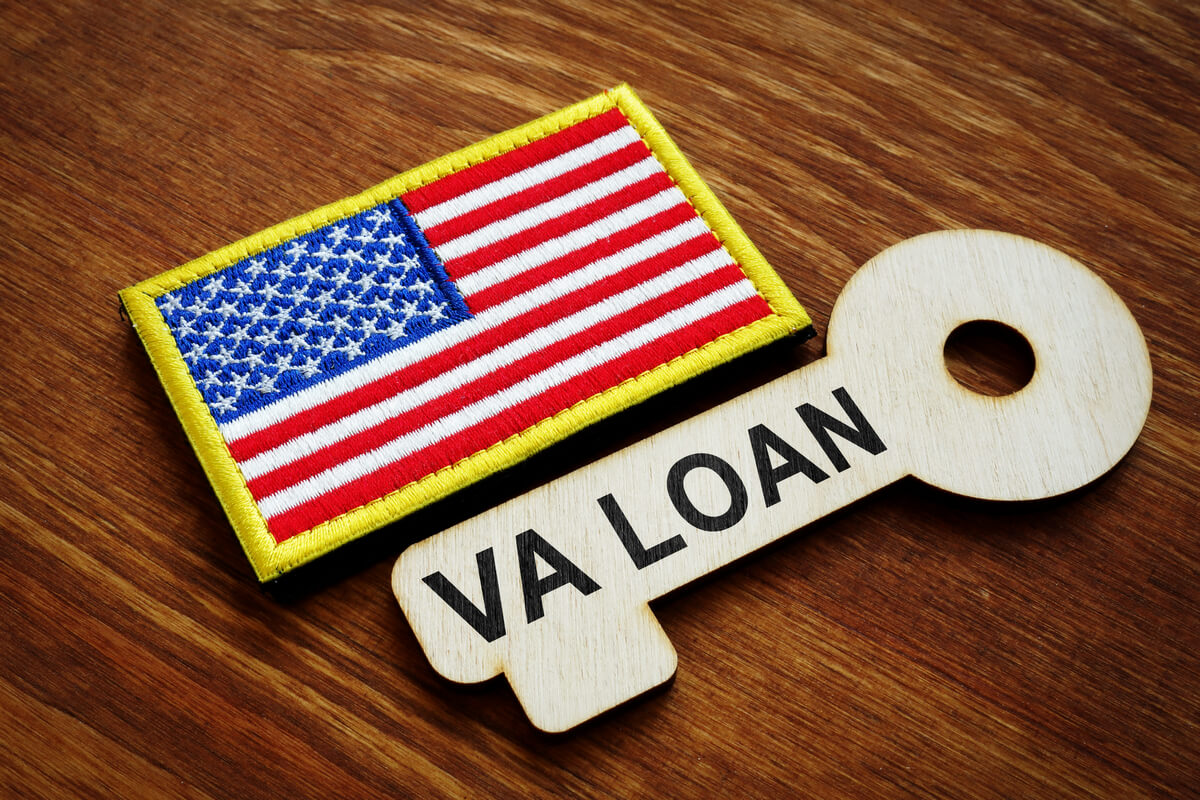
VA Loan
VA loans offer incredibly competitive terms, but they’re only available to service members who were active-duty for 90 days or National Guard members who completed six years of service. If you qualify for a VA loan, you’ll likely find that this is your best mortgage option.
The VA itself doesn’t have a minimum credit requirement for a VA mortgage, but most lenders require a credit score of at least 620. Your lender will also consider your income and your debt-to-income ratio. The greatest benefits of the VA loan are that there’s no down payment requirement and no private mortgage insurance requirement.
Like with FHA loans, though, the lenient eligibility requirements may cause buyers to jump into homeownership before they’re ready. You might qualify for a VA loan on paper, but this doesn’t necessarily mean that you can comfortably and reliably make the mortgage payments each month. If you opt for a VA loan, you should consult with a trusted financial expert to ensure that the mortgage payment will fit within your budget.
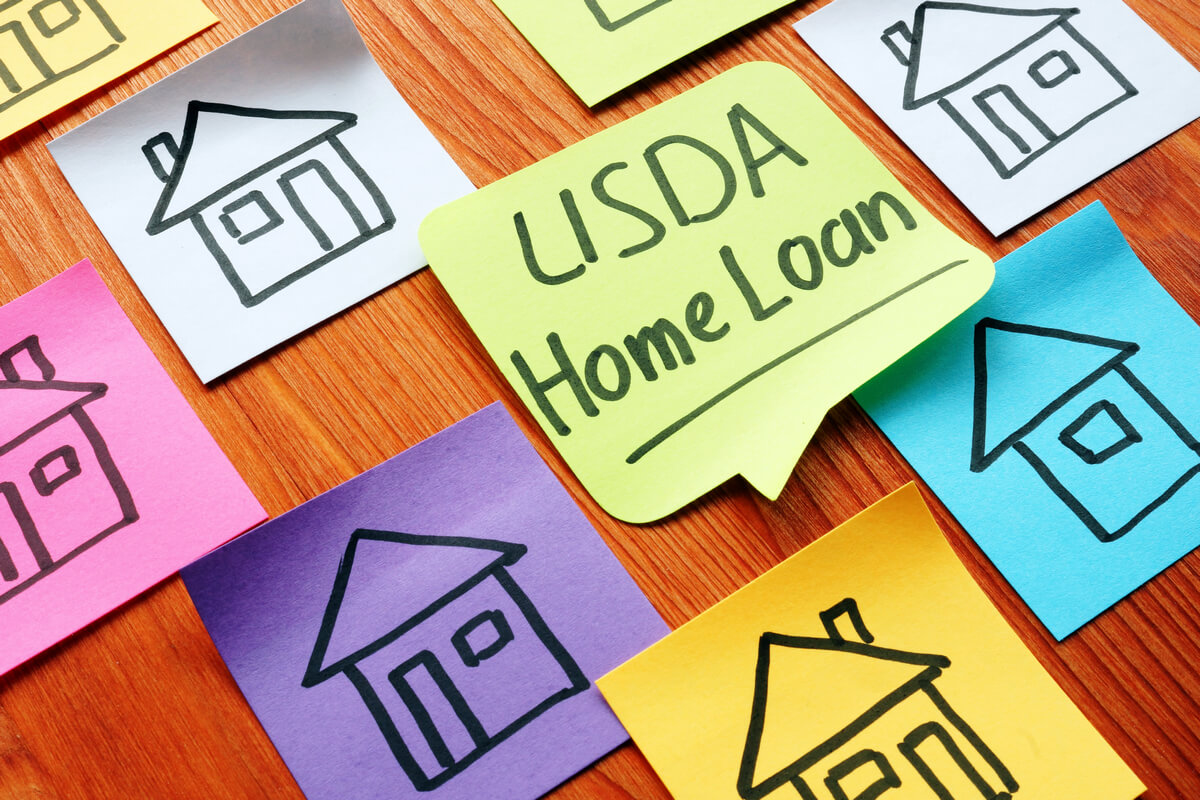
USDA Loan
Mortgages backed by the USDA are designed to help buyers in rural or disadvantaged areas break into the housing market. Like VA loans, USDA mortgages require no down payment and have minimal credit score requirements. However, these loans are not quite as popular as FHA or VA loans because they’re only available for homes in qualified rural areas. Also, your annual income cannot be more than 115% of the area’s median income.
If you qualify for a USDA loan, it could be a great way to achieve homeownership without waiting years to save up your down payment. The main downside to this option is the geographic and income restrictions that disqualify many buyers.
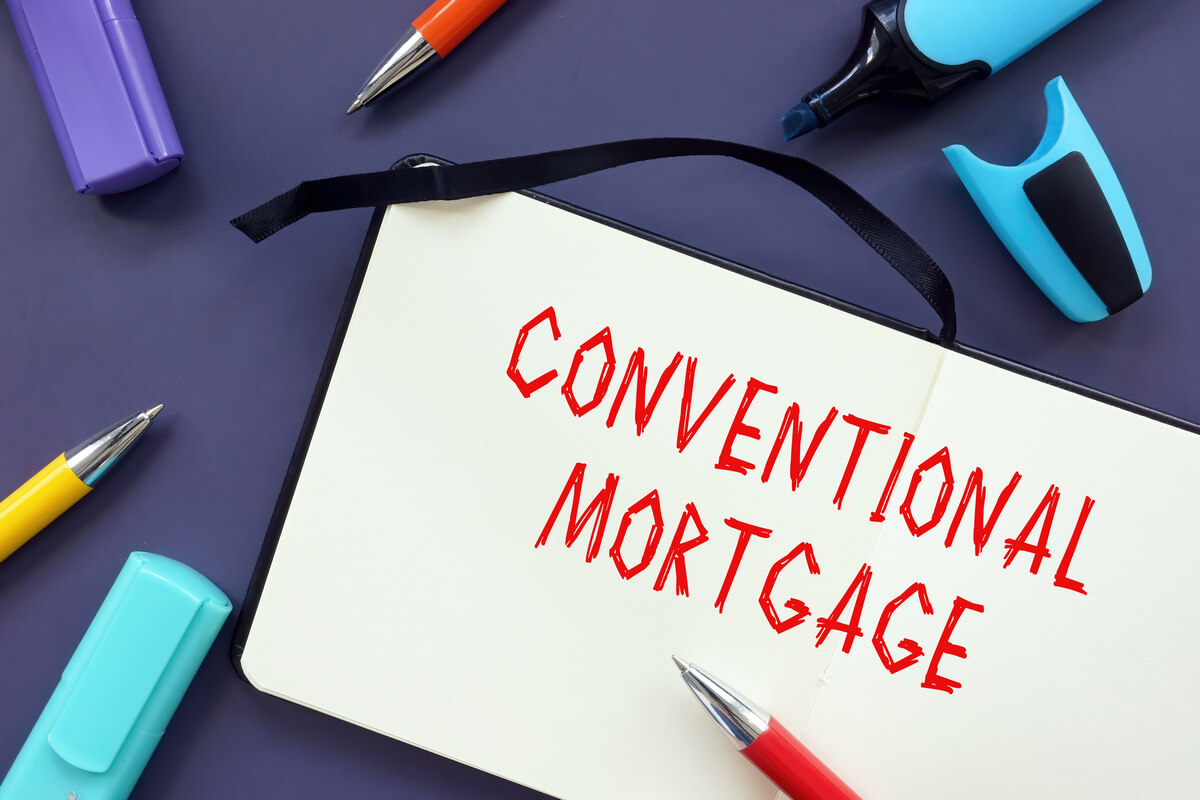
Conventional Mortgage
A conventional mortgage is a traditional home loan that is not backed by the federal government. Because lenders offer conventional loans without federal insurance, they must set stricter eligibility requirements for their own protection. While many conventional mortgage lenders do allow down payments as low as 3%, this is typically reserved for people with high credit scores and low debt-to-income ratios. If your credit isn’t so strong, you’ll probably have to make a higher down payment.
Most first-time buyers opt for an FHA loan over a conventional mortgage. Conventional loans do have higher loan limits, though, so this may be a better option if you’re purchasing an expensive property. Some buyers also choose a conventional mortgage if they plan to buy a fixer-upper that won’t pass the FHA inspection.
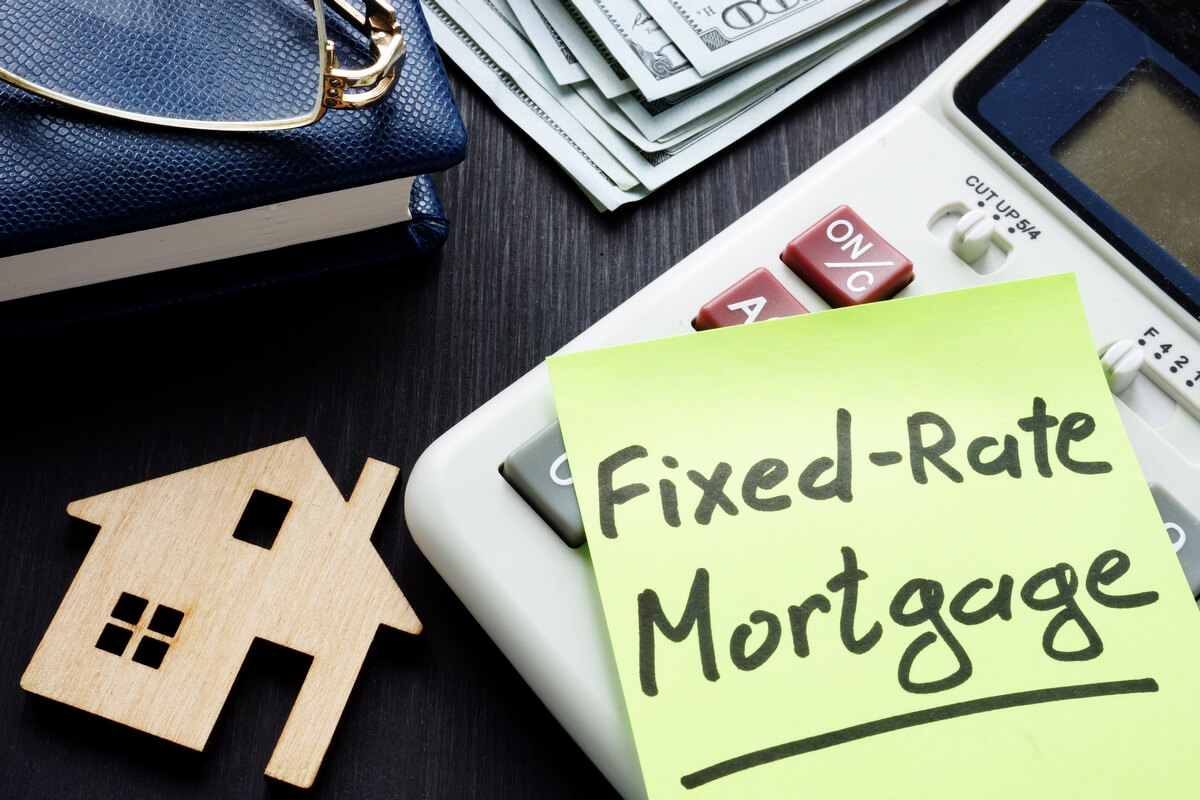
Fixed vs Adjustable
In addition to choosing the type of home loan you receive, you can also decide between a fixed-rate or adjustable-rate mortgage. The option you choose can make a major difference in how much you pay in interest over the lifespan of the loan.
A fixed-rate mortgage keeps the same interest rate for the entirety of the loan, so you always know how much you’ll pay. An adjustable-rate mortgage offers a fixed-rate introductory period, which can range from three to 10 years. Then, the rate can fluctuate.
Many homeowners choose a fixed-rate mortgage if they’re applying for a home loan when rates are low. Locking in a permanent low rate can save you tens of thousands of dollars. Adjustable-rate mortgages can be appealing because the rate for the introductory period is typically lower than a fixed-rate mortgage, but you can’t predict how it will change over time. Therefore, an adjustable-rate loan may be best if you’re planning to move or refinance your mortgage before the introductory period ends.
Home buyers have so many options when choosing a mortgage, and it can be difficult to decide which is best. Government-backed loans offer competitive terms for first-time buyers, but you have to consider your own circumstances when weighing your options. You should consult with your real estate agent and financial advisor to decide which type of mortgage best suits your needs.



